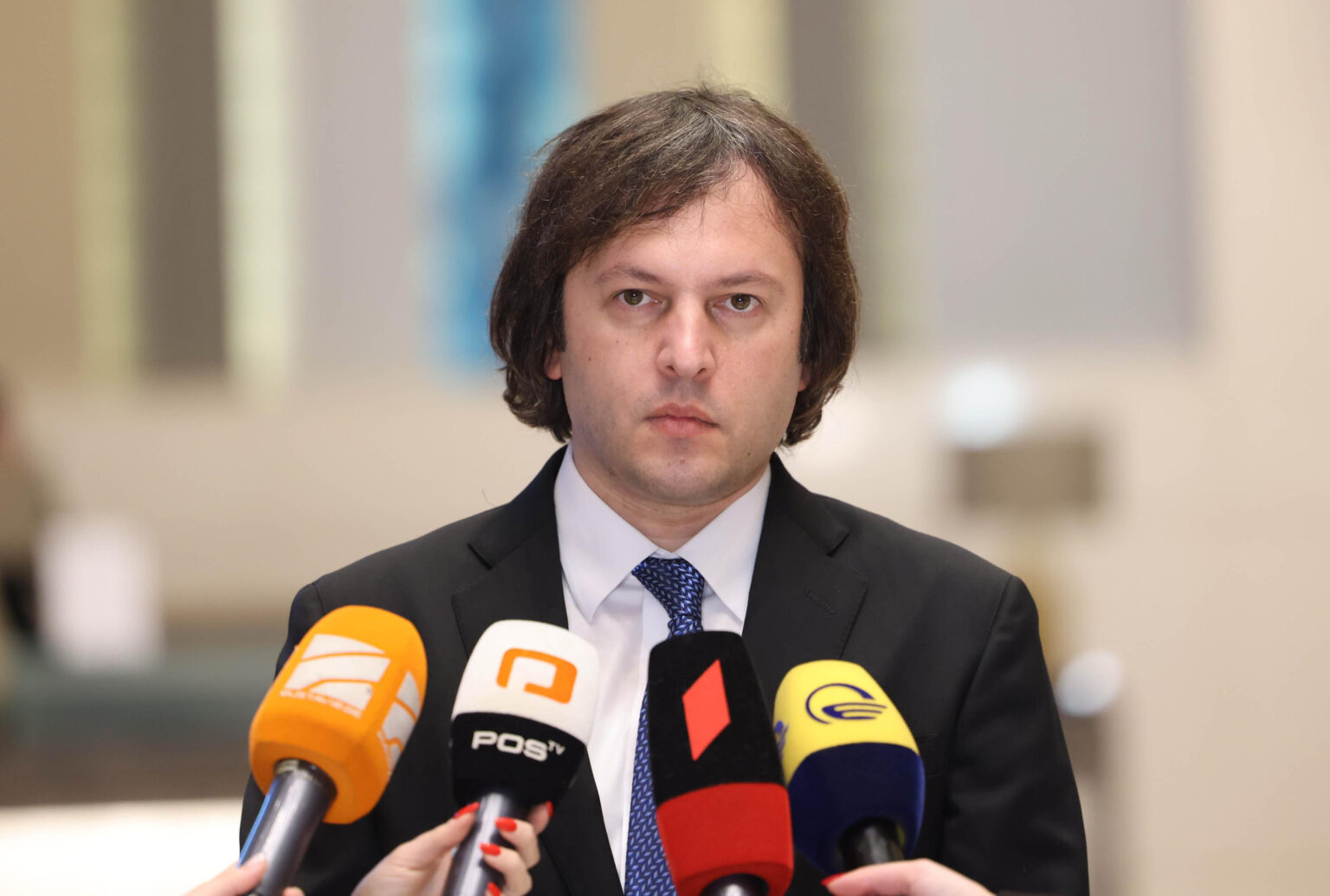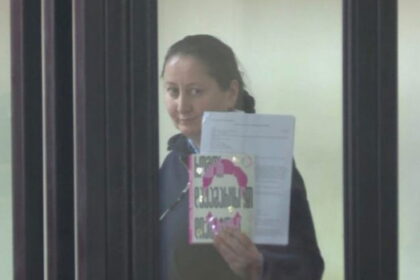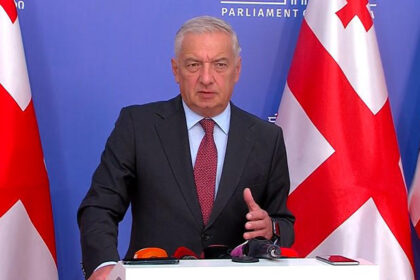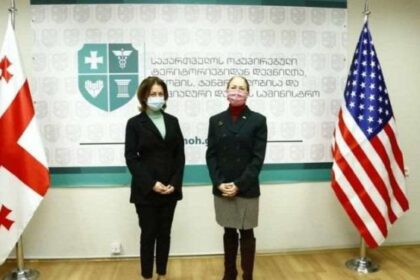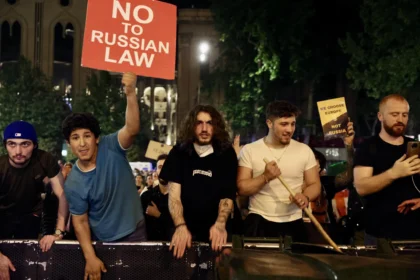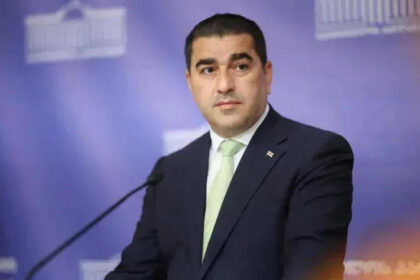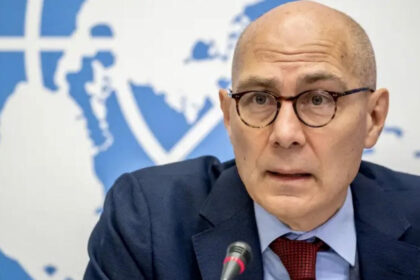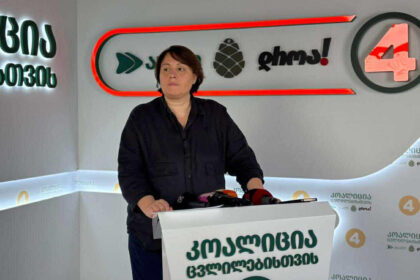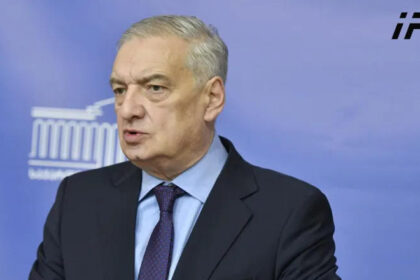**Georgia Denounces Polish PM’s Visa Threat as “Blackmail”**
The Prime Minister of Georgia, Irakli Kobakhidze, has strongly condemned a statement made by his Polish counterpart, Donald Tusk. In a recent address to the Polish Parliament, Tusk hinted at suspending visa-free travel with Georgia due to concerns over illegal migration.
When asked about the statement during a press conference, Kobakhidze was unambiguous in his response. “This is blackmail,” he said bluntly. The Georgian Prime Minister argued that Tusk’s comments were a clear attempt to intimidate the Georgian people into changing their government’s policies.
According to Kobakhidze, the Polish PM’s words were “very sad and regrettable.” He emphasized that Georgia has made its choice to pursue European integration and peace in the country, and that this decision should be respected by everyone. The Georgian leader warned against using blackmail as a means of influencing policy decisions, saying it was a tactic that had been tried for many years but ultimately failed.
The row between Tbilisi and Warsaw appears to have been triggered by concerns over illegal migration. In his speech, Tusk mentioned the need to change international law to minimize the risk of unauthorized immigration. He also hinted at limiting or suspending visa-free travel with countries where migration poses a direct threat to public order in Poland or Europe.
While Tusk emphasized that the issue was not specific to Georgia, Kobakhidze remains unconvinced. In his words, “this is blackmail, hoping that processes may develop in a different direction in the country.” However, he noted that such tactics have been unsuccessful in the past and will continue to be rejected by the Georgian people.
**A Commentary**
The exchange between Tbilisi and Warsaw highlights a broader tension within the European Union. As countries like Poland face increasing pressure to address migration concerns, there are growing calls for more robust measures to control the flow of migrants.
However, such demands often clash with the values of openness and cooperation that underpin the EU’s visa-free travel policy. The spat between Georgia and Poland raises important questions about the limits of this policy and how it can be balanced with national security concerns.
**The Analysis**
As tensions between Georgia and Poland continue to simmer, it is clear that both sides will have to navigate a complex web of interests and alliances in the coming months. While Kobakhidze has been vocal in his condemnation of Tusk’s statement, he also recognizes the need for cooperation with European partners.
However, the Georgian Prime Minister’s stance on visa-free travel highlights the country’s commitment to its European integration agenda. Any attempts to undermine this policy will likely be met with strong resistance from Tbilisi.
In conclusion, the current standoff between Georgia and Poland serves as a reminder of the challenges facing EU member states as they strive to balance competing priorities like migration control, national security, and economic cooperation.




